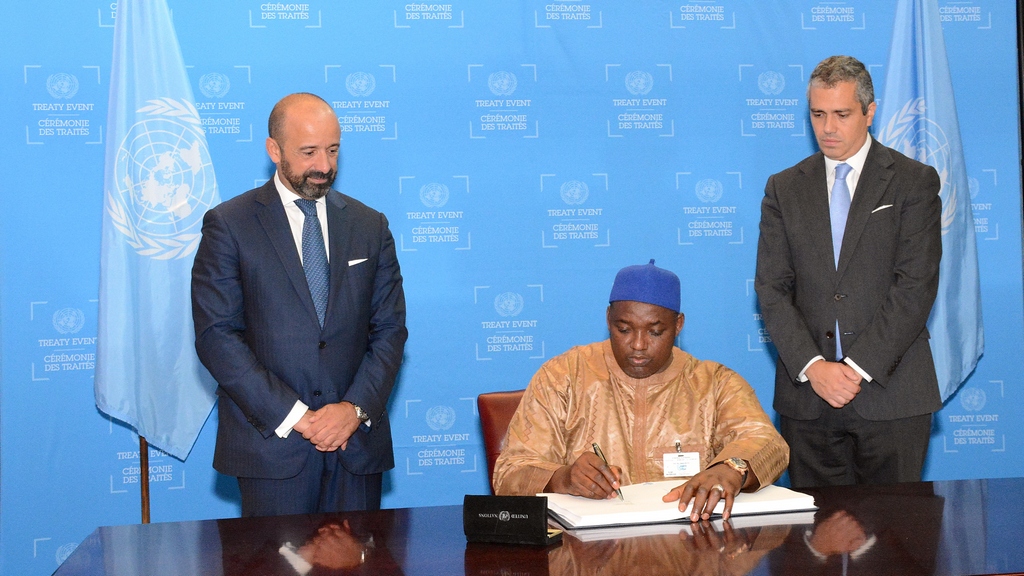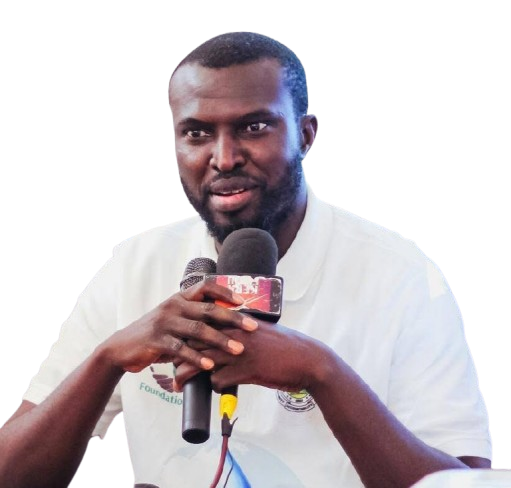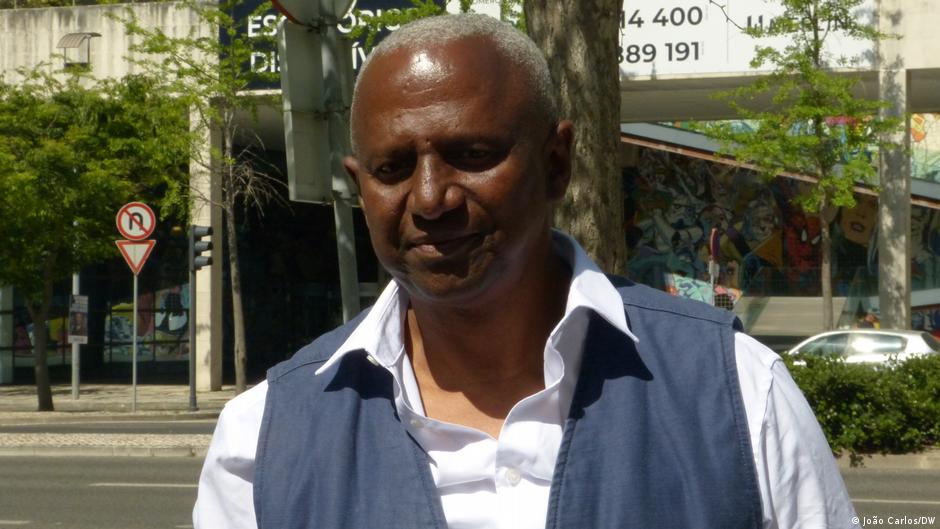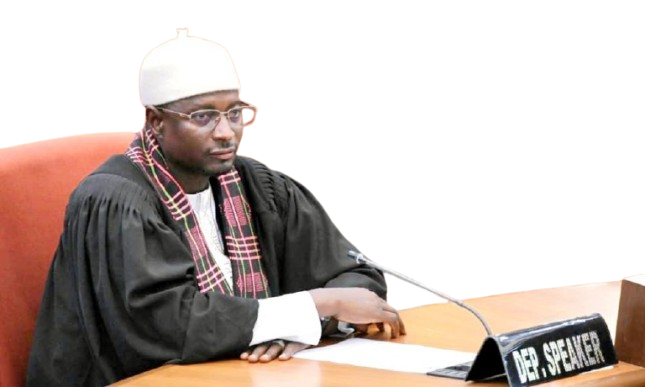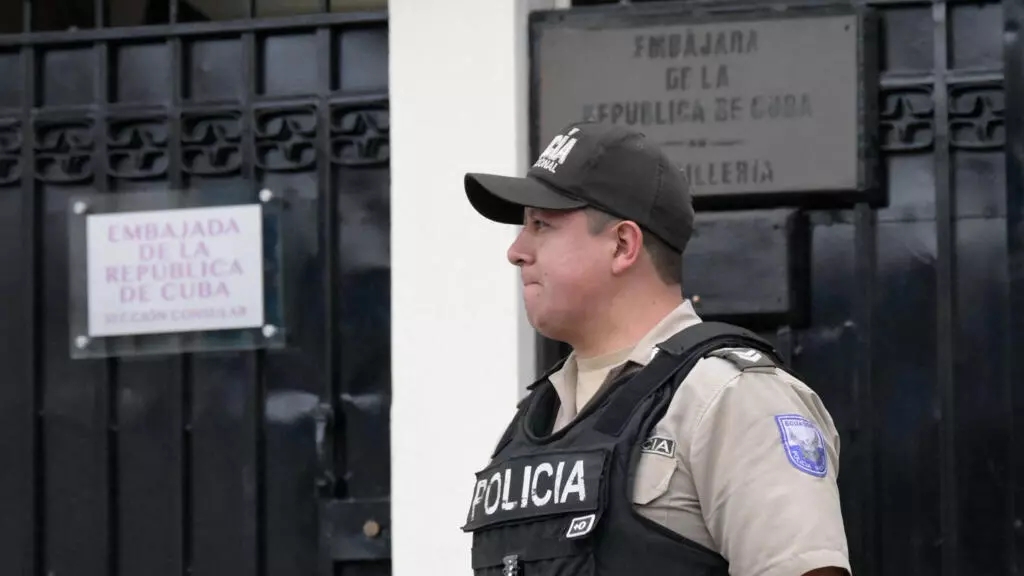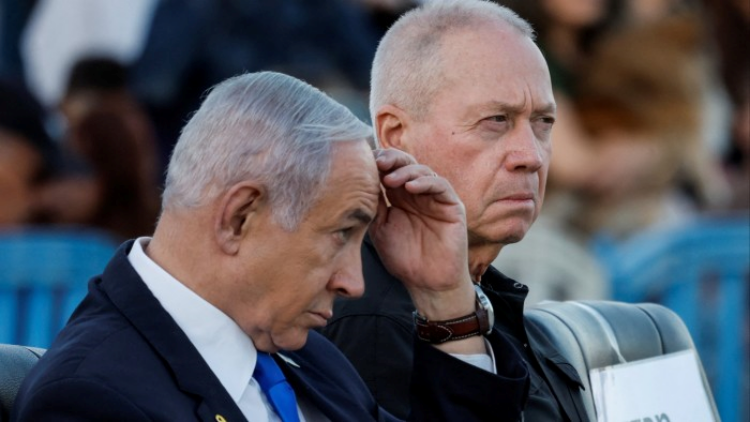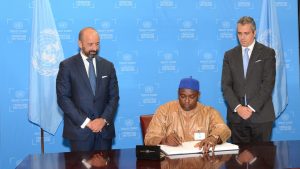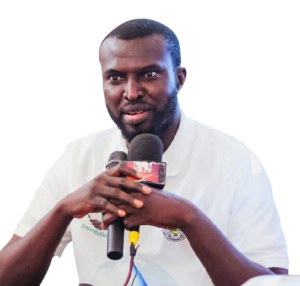Gambiaj.com – (MADRID, Spain) – The International Criminal Court’s ruling places Israel’s allies in a difficult position, as they will face the dilemma of having to arrest the Israeli prime minister and his former defense minister Yoav Gallant if they travel to their countries.
Benjamin Netanyahu and Yoav Gallant, his defense minister for most of the Gaza war, became the first leaders of a Western-backed democratic country to be the subject of arrest warrants issued by the International Criminal Court (ICC) on Thursday.
The decision, for their alleged responsibility for war crimes and crimes against humanity in Gaza since the start of the war against Hamas in October 2023, puts them in the same league as Russian President Vladimir Putin and senior officials who planned the invasion of Ukraine; commanders of a Libyan militia for a case involving mass graves containing hundreds of corpses; dictators such as former Sudanese leader Omar al-Bashir, or a warlord as cruel as Ugandan Joseph Kony, leader of the Lord’s Resistance Army.
It is a symbolic blow to the image of the country, which also has an open case for alleged genocide at the Hague Tribunal and has seen its occupation and colonization of the West Bank and East Jerusalem declared illegal for decades.
Now, the ICC’s double arrest request poses an individual dilemma for several of the 125 member states: whether to prioritize respect for the decision (they are technically obliged to do so, but it depends on their will, because there is no authority to impose it), or their alliance with Israel, with the consequent risk of being accused of double standards.
One of the immediate practical consequences is that Netanyahu and Gallant will have to ensure, before boarding a plane, that they will not be arrested upon landing. This is the case for all the member states of the European Union (a historical supporter of the ICC) and the United Kingdom, which has been supplying Israel with weapons.
Europe’s top diplomat Josep Borrell has insisted that the International Criminal Court’s decision to issue arrest warrants for Israel’s prime minister and his former defence secretary should be respected, but European countries are not so sure.
But one thing is theory and another is practice, as has been witnessed in previous cases. Mongolia, for example, welcomed Putin in September, despite having signed the Rome Statute, which gave birth to the ICC in 2002.
Anthony Dworkin, a senior policy analyst at the Berlin-based European Council on Foreign Relations think tank, believes that EU countries “should make clear that they fully support the ICC as an independent judicial body,” “confirm that they will execute arrest warrants” and “avoid any statements that undermine the court or question its legitimacy.” “Especially,” he adds, touching on one of the points that most damages the image of the West in the Arab-Muslim world, “after the strong European support for the ICC arrest warrant” against Putin, which was issued in March 2023, shortly after the Russian invasion of Ukraine.
The Netherlands, for example, has announced that it would arrest Netanyahu, but the spokesman for the French Foreign Ministry has avoided answering a direct question on the subject, calling it a “legally complex issue.” The head of European diplomacy, Josep Borrell, has underlined the obligation to do so.
Britain and Ireland on Friday indicated that Prime Minister Benjamin Netanyahu could be arrested on an International Criminal Court warrant if he travels to those countries.
The issue is not limited to arrests, as signatories of the Rome Statute “have the obligation to cooperate with the court,” which may influence their political, economic, or arms support for Israel, recalls Alonso Gurmendi, a specialist in Human Rights at the London School of Economics.
“I think that more than one national mechanism will be activated as a result,” he adds. Germany, for example, is the second-largest supplier of arms to Israel in the Gaza war. And, unlike the first (by far), the United States, it is an ICC member state.
A boost for the Global South
“What was at stake was whether the institution itself was up to the challenge. The institution has responded. In the framework of how the world works, if the West reacts by saying ‘I am not going to comply,’ it will be the West that will lose prestige, not the court,” he says.
Gurmendi also sees a boost to the efforts of countries in the Global South “interested in compliance with international law,” including Chile, Brazil, and South Africa (which filed the complaint for genocide against Israel in The Hague), which has made it easier for “people in key places to face these cases without dying before reaching the strategically correct place.”
If an international arrest warrant is issued for the Israeli leaders as of today, it is because the crimes they are accused of were committed on Palestinian territory (Gaza), which has been part of the court since 2015.
If this were not the case, Netanyahu and Gallant could be in a similar situation to that of the Syrian leader, Bashar al-Assad, or the leaders of China, whom some groups are trying to bring to justice for alleged serious international crimes. But since neither Damascus nor Beijing are members of the court, the ICC lacks jurisdiction and attempts are focused on finding loopholes through other states or national courts.
The Israeli prime minister will be able to travel, a priori without problems, to countries with which Israel has been strengthening its relationship (in many cases through arms sales), such as India. And, of course, to its great ally, the United States, which is neither a member of the court nor does it recognize its jurisdiction in this case.
But they will not have a huge margin, since Israel sees itself as part of the Western world and has, for example, the EU as its main trading partner, with a tariff exemption agreement and scientific and educational cooperation projects.
Among the other countries that have not signed or ratified the Rome Statute, many are enemies (Iran), refuse to recognize Israel (most of the Arab world) or have never fully strengthened the link, due to their different geostrategic alignments, such as China and Russia.
Then there is the symbolic aspect: the photos, the handshakes… the arrest warrants, notes Dworkin, “raise the question of how EU representatives should interact with Netanyahu,” as they avoid all contact with other leaders accused of international crimes or whose arrest has been requested by the ICC. This is what happens, for example, with the former Kenyan president Uhuru Kenyatta, who was elected after an arrest warrant was issued against him, Dworkin notes.
The dilemma will not be limited to whether or not to travel to Israel, or to bilateral visits, but will also affect other forums, such as the United Nations General Assembly meeting held every September in New York. This year, Netanyahu’s speech was already marked by controversy: many delegates walked out of the room when he took the podium.
Source: El Pais



